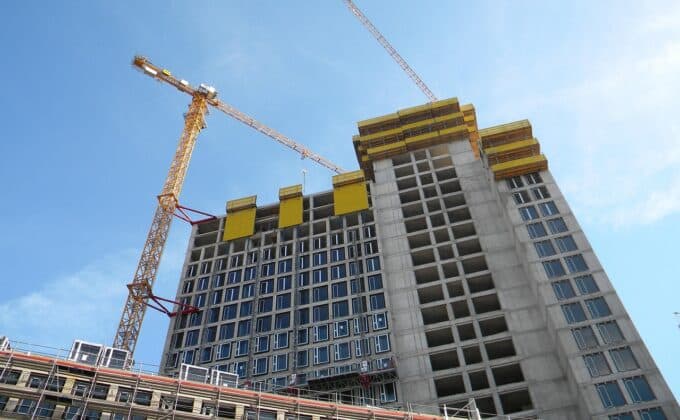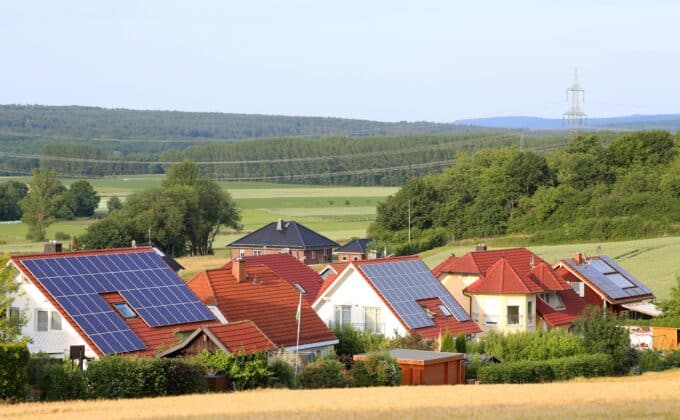Howard Wenger is passionate about enabling a clean all-electric future powered by a 100% renewable grid and distributed generation. He has worked for more than 35 years in the solar and utility power field and has served in leadership and board positions of industry-leading companies.
Wenger currently serves as President of Nextracker Inc., the leading provider of solar tracker and software solutions used in utility-scale and distributed generation projects. He founded Wenger Ventures in 2017, an active clean power venture capital fund which has invested in over twenty companies and clean energy funds.
Howard Wenger served as President of Solaria Corporation from 2020-2021 and as a Board Director from 2019 to 2022. Other experience includes 15 years as President at SunPower Corporation (NASDAQ: SPWR), President and CEO of SunPower Systems, and as Executive Vice President and board director at PowerLight Corporation, a leading commercial and large-scale solar power company acquired by SunPower in 2007. Wenger also held management positions at Pacific Gas & Electric Company of San Francisco, AstroPower Corporation (acquired by GE), and Pacific Energy Group, a company he co-founded.
During his career, Howard Wenger has led and scaled companies, driven the establishment of public policies to mainstream solar including the first solar net metering law in the United States (California, 1994), written, or co-authored more than 75 clean-energy papers and reports, and written software programs and tools that are still used today to design and engineer solar power systems.
Wenger currently serves as a board member for the California Solar and Storage Association and the Regulatory Assistance Project (RAP), and as a trustee for the University of California at Santa Barbara. Wenger holds a bachelor’s degree in environmental studies from the UCSB, and a master’s degree in civil engineering from the University of Colorado, Boulder.
Latest Insights from RAP Experts

探索电气化供暖的需求响应潜力
在“双碳”目标的推动下,建筑供暖的电气化比例将显著提升,热泵的部署也将加速增长。热泵不仅能提供高效的供暖方式,还可以通过需求响应机制为电力系统提供灵活调节能力。对供热方而言,这有助于降低热泵运行成本,拓宽供热企业的收入渠道,从而提升热泵的市场竞争力。对供电方而言,这能保障电力系统的安全稳定运行、减轻电网扩容压力,降低供电成本,并促进可再生能源电力消纳。 本文探讨了大型热泵在中型区域供热系统(如小区、大型建筑)中的应用(业内称之为“分布式热泵”)。文章结合国内外案例,探讨如何挖掘电气化供暖的需求响应潜力,并提出优化电价机制、完善需求侧资源补偿机制、推广储热设备三项策略,以增强电网与供热系统的协同优化,实现保障电力系统稳定运行与减轻供热碳排放的双重目标。 本文缩略版首刊于《中国电力报》,2025年3月24日… Read More +

Was tun mit den Gasnetzen?
In der kommende Jahren soll Deutschland seine Abhängigkeit von fossilem Gas stark reduzieren. Damit einher geht zwangsläufig… Read More +

